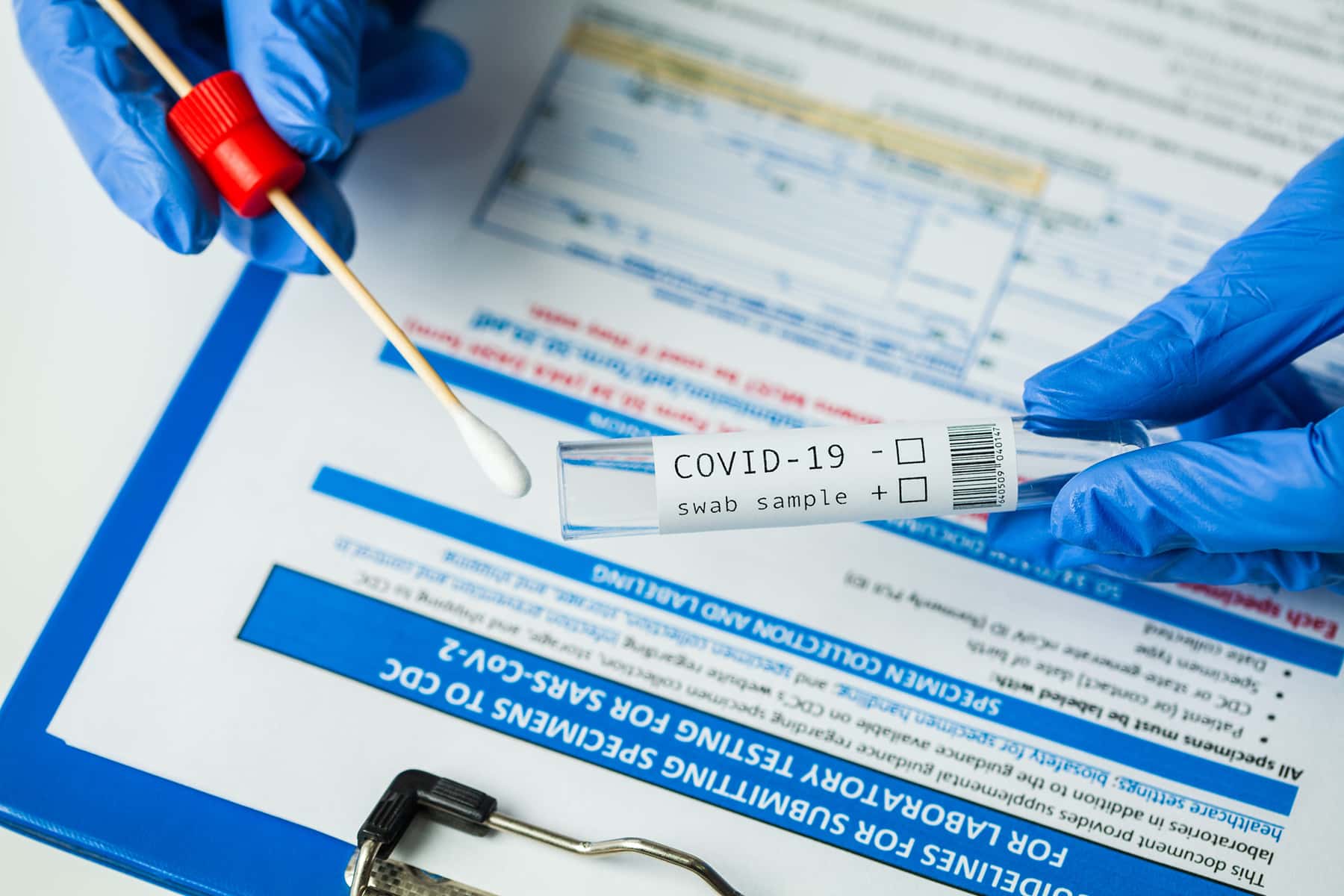
The Wisconsin Department of Health Services (DHS) has detected the newest variant of concern, the Omicron variant, in Wisconsin on December 4.
The Omicron variant, B.1.1.529, was classified as a variant of concern by the Centers for Disease Control and Prevention on November 30, 2021. Variants are classified as variants of concern if they show evidence of being more contagious, causing more severe illness, or resistance to diagnostics, treatments, or vaccines.
To date, one case of the Omicron variant has been identified in a specimen from a Wisconsin resident with recent travel history to South Africa.
“We’ve been prepared for this news and will continue trusting the science to help keep Wisconsinites and our communities healthy and safe,” said Governor Tony Evers. “Now is the time to double down on our efforts to stop the spread of COVID-19, including the Omicron variant. I urge all eligible Wisconsinites to get vaccinated and receive a booster dose as soon as possible and to follow the latest public health guidance.”
The Omicron variant was first detected in South Africa in November 2021 and has spread from other regions to the United States, including Wisconsin. The Omicron variant contains a concerning number of mutations to the spike protein.
Certain mutations on the spike protein were already recognized on other variants and have been associated with increased transmissibility and antibody resistance. It will take several weeks to determine Omicron’s transmissibility, impact on disease severity, and the effectiveness of vaccines and treatments against it.
“With the detection of Omicron in Wisconsin, Wisconsinites should stay vigilant in their efforts to stay healthy and to help prevent further strain on our heavily burdened hospital system,” said DHS Secretary-designee Karen Timberlake. “As we learn more about this variant and how easily it spreads, it’s crucial that all Wisconsinites continue to practice good public health safety measures like getting vaccinated, wearing a mask, staying home if you’re sick, and getting tested.”
The person with the Omicron variant is an adult male and is a Milwaukee County resident who recently returned from a trip in South Africa. The person was fully vaccinated and had received a booster dose. The person reported mild symptoms and no hospitalization has been required. Contact tracing efforts have been completed. According to DHS and the City of Milwaukee Health Department, this case is not related to a COVID-19 outbreak linked to a Milwaukee County wedding that saw multiple California residents get infected with the Omicron variant.
Variants are identified through a process called whole genome sequencing. Whole genome sequencing takes a sample of the virus from a positive SARS-CoV-2 test specimen and reads its genetic code to determine the genetic makeup of the virus. DHS, the Wisconsin State Laboratory of Hygiene, and other laboratory partners regularly perform whole genome sequencing on a portion of positive tests.
DHS is urging all Wisconsinites to follow basic public health practices to protect against COVID-19, including variants like Omicron. Individuals should get vaccinated, get a booster if eligible, wear a mask in public indoor settings, stay home if feeling sick, wash hands frequently, and get tested for COVID-19 if experiencing symptoms.
Everyone ages 5 and up can receive a safe and effective COVID-19 vaccine. Additionally, the CDC now recommends that everyone 18 and older receive a booster dose of COVID-19 vaccine at least six months after having received their second dose of the Pfizer or Moderna vaccine or two months after their single dose of Johnson & Johnson vaccine. Vaccines are free and there is no need for an ID or health insurance to get one.
Wisconsin’s latest statistics show the vast majority of people in the hospital for COVID-19 are unvaccinated. DHS data reported in mid-November showed unvaccinated people were nine times more likely to be hospitalized with COVID-19, and 11 times more likely to die than those who have been vaccinated.
Health officials recently said that the state’s hospitals were facing circumstances worse than at any point in the pandemic, with a record-high number of people on ventilators at the end of November. Multiple regions of the state reported not having any intensive care beds available.














